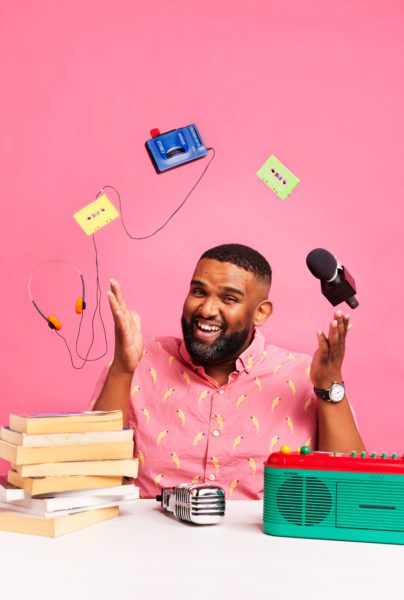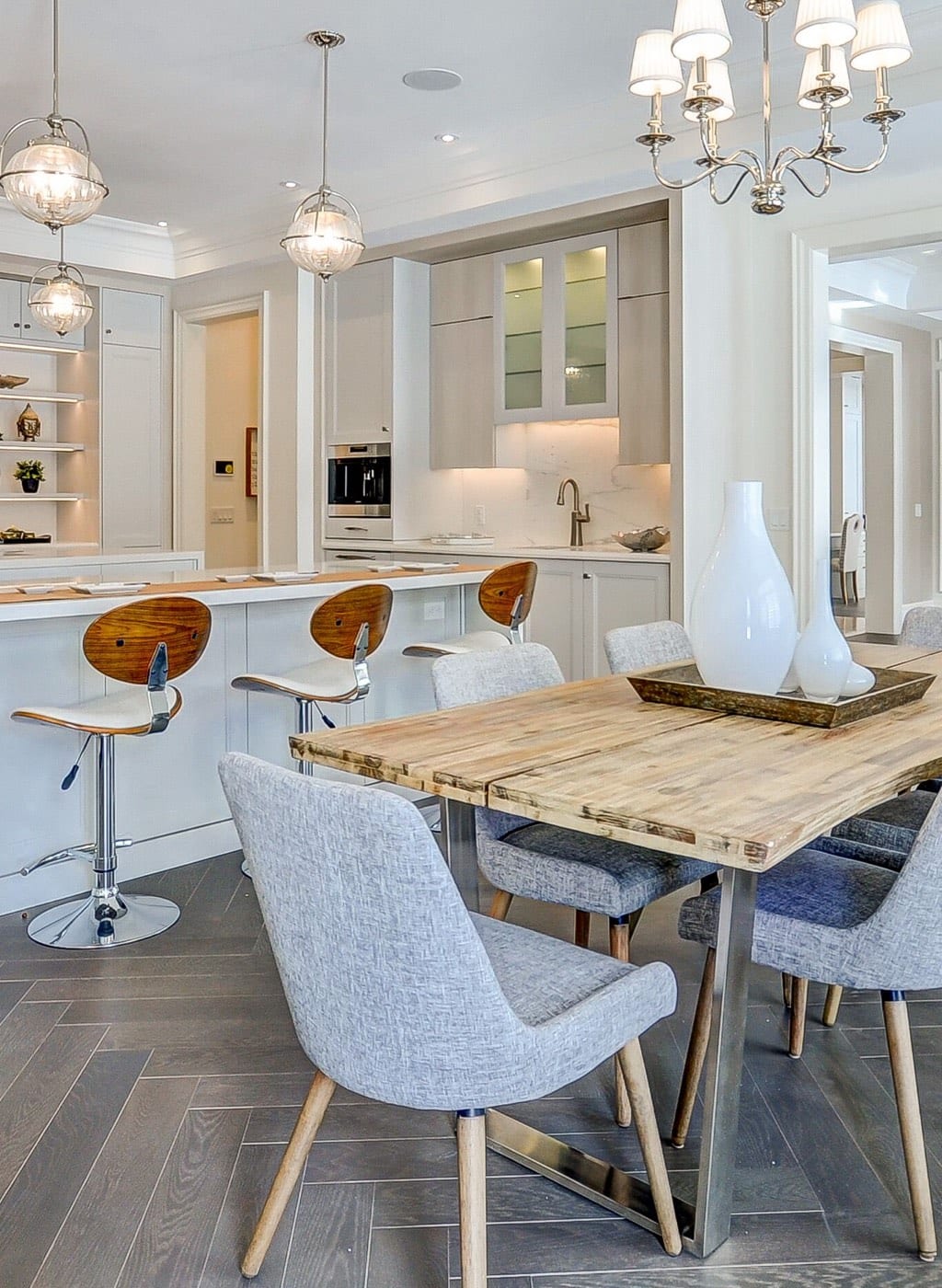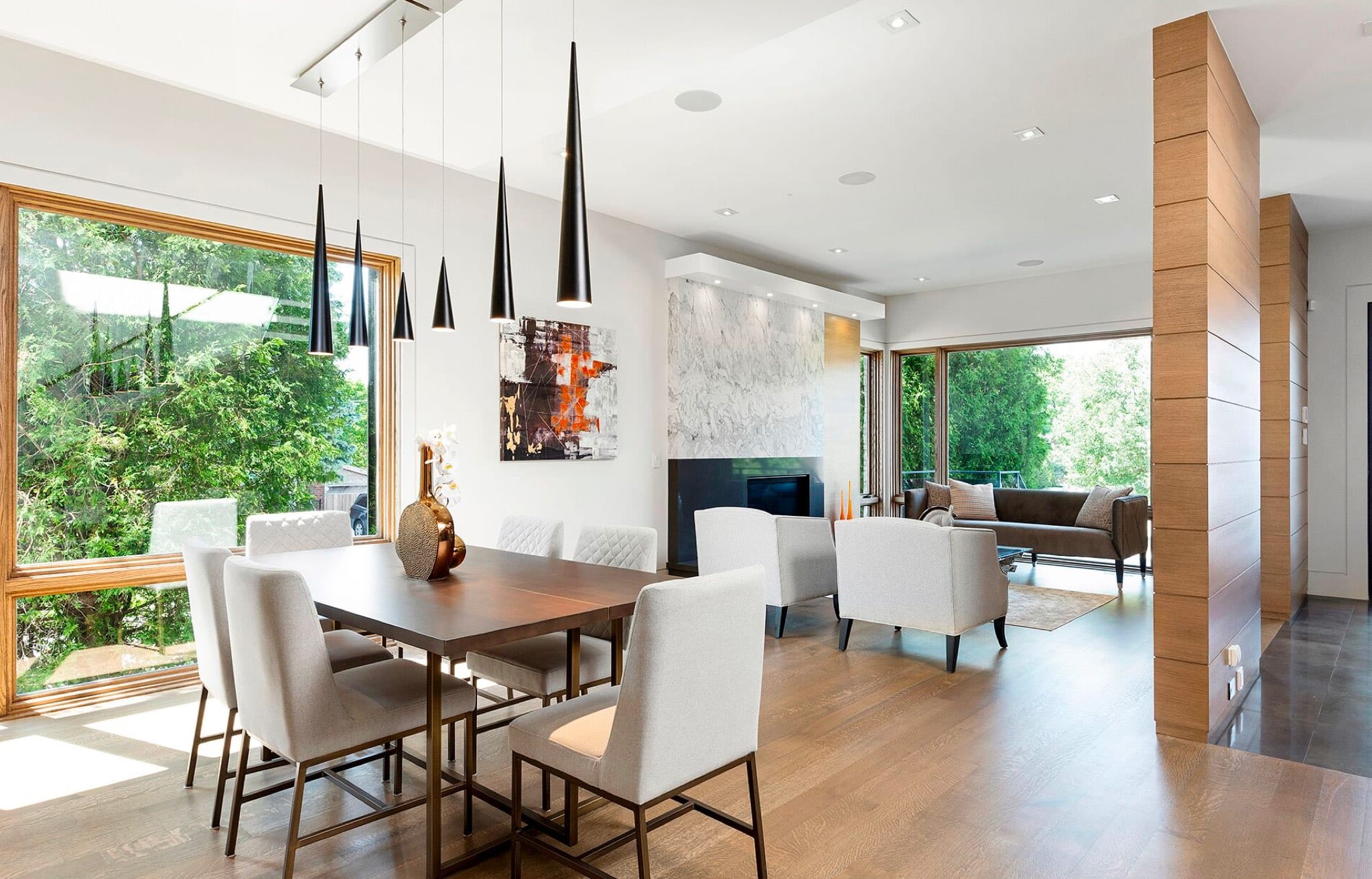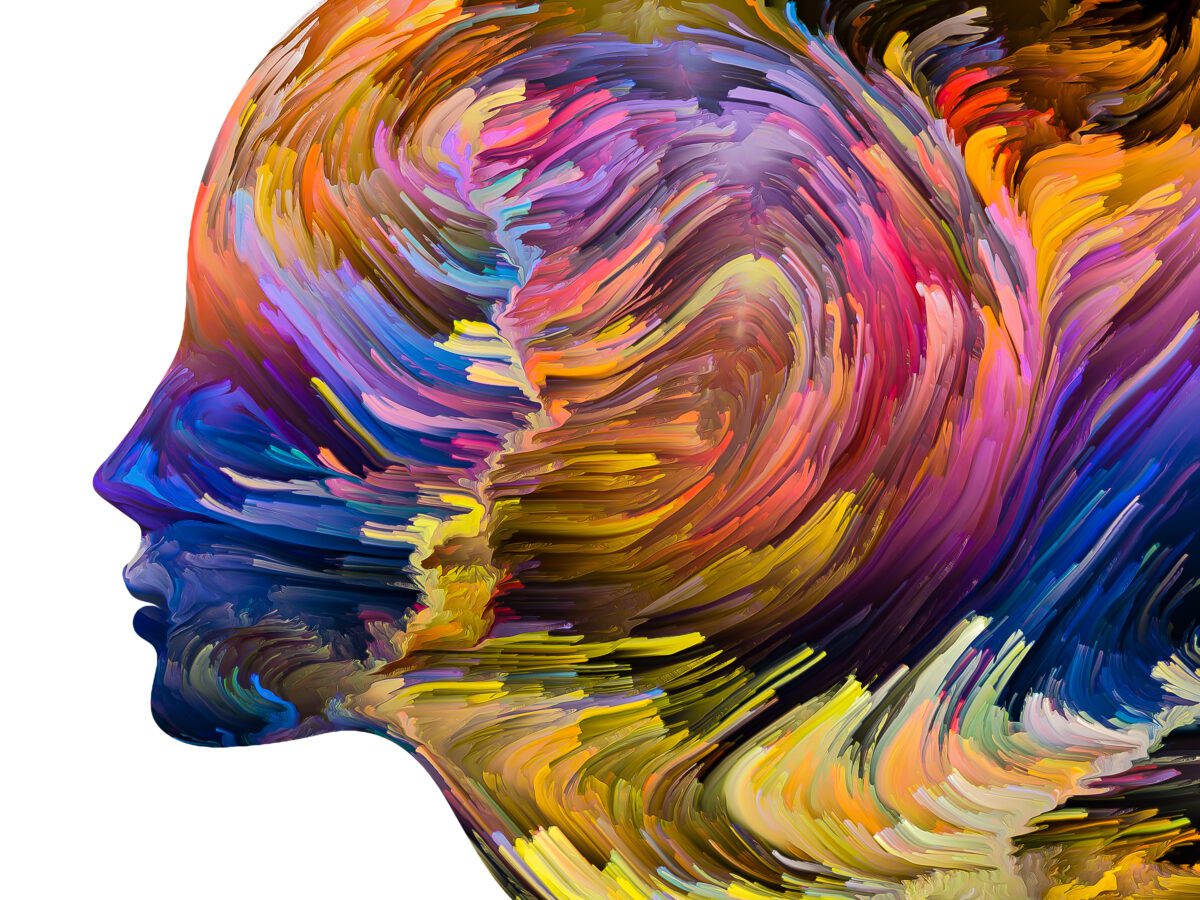
In Conversation with Elamin Abdelmahmoud
Canada is a land of immigrants, but for those who choose a new life in the Great White North, the journey doesn’t end at the border. Culture writer and CBC personality, Elamin Abdelmahmoud, arrived at age 12 from Sudan. He spent his teenage years navigating race, language and religion, and discovering surprising and unexpected ways that connections can be found.
From professional wrestling super fandom and nu metal bands to traveling the endlessly unfurling Highway 401, Elamin shares his immigrant experience in a remarkable new collection of essays, Son of Elsewhere. With humour and intellect, the pages reveal how we pick and choose from our experience and environment to ultimately define the person we become.
Harvey Kalles Real Estate: The memoir is titled, Son of Elsewhere. Where did that come from?
Elamin Abdelmahmoud: I was born in Sudan but moved to Canada when I was 12. Moving to Canada, and specifically to Kingston, meant coming to a place where I was suddenly around people who didn’t look like me, and I had to figure out my relationship to my new home in that context. One of the things I did, because I was 12, was try my best to disappear within certain aspects of my personality…not to highlight my blackness, not to highlight my immigrant-ness, not to highlight that I’m Muslim, in order to blend in. This idea, Son of Elsewhere, came when I wanted to return to what it meant for me to pretend those identities didn’t exist. I don’t feel at home in Sudan, I don’t feel at home in Canada. Elsewhere is an attempt to claim that space in the middle.
HK: The book reads as part memoir, part history lesson. Why did you take this approach?
EA: I wanted to grapple with the history of myself. I grew up in a place where I didn’t have to think about my skin colour and so I didn’t become ‘black’ until I came to Canada. At the same time, I come from a place that has a long history of discrimination against darker skinned people. People who are my skin colour have it quite easy comparatively because there’s quite a bit of discrimination against people who are darker skinned in Sudan. So, this has a longer history than me running away from blackness in Canada. In fact, we can trace it to the history of colonialism.
HK: You write that you ‘face an uncomfortable fact,’ that you love America. What do you mean?
EA: America used to be a threat that loomed all the time. At the same time, I have very strong memories of family and neighbours talking with reverence when someone they knew got their green card. When I was ten years old, America bombed the Al-Shifa pharmaceutical factory in Sudan. They said it made chemical weapons. There’s no evidence that is true…there’s plenty of evidence that it was an aspirin factory, and a factory that made medicine that Sudan needed to fight malaria. I’m also a pop-culture writer. For a living, I write about American art. So, there’s always been these contrasts for me between the roles that America has ended up playing in my life.
HK: Do you think the discovery of Western music is an important part of the immigrant experience?
EA: I think it’s one of the most significant doorways that you can open as a newcomer. I remember sitting with a pen and paper trying to understand why this lady is singing about wanting to be like a bird. Trying to not only understand what they’re saying, but why this is the thing that’s popular right now. For me, music has been a very significant key. It opened a lot of doors. I have a lot of gratitude for music for just being one of the crucial ways that I began to understand the new place I was living in.
HK: You write about the band Disturbed and seeing yourself in their songs. I would imagine that being central to an immigrant’s belief that they belong.
EA: If you’re open to it…but with Disturbed, it wasn’t that I naturally saw myself in it, at first, it was horrifying. This guy is singing about fighting with his parents. I didn’t even know you were allowed to sing about this stuff. But you have to be open to the connection. Not everyone is. It’s also natural to arrive to this country and pull harder towards your roots.
HK: You’ve said that you want your daughter’s name to be “a burden to her.” Can you elaborate?
EA: Her name is heavy and long, it’s my last name, and it’s going to be something that she has to learn to memorize. She’s only five, she knows how to spell her first name, but her last name is going to take time. Because she’s born in a place like Canada, and her mother is not Muslim, her mother is a white woman from Hamilton, she is going to be reminded by her last name that a part of her doesn’t come from here. One day, she’ll have to sort out her relationship to her last name and that will open the door for us to have deeper conversations.

HK: Who’s making your favourite music today?
EA: Brandi Carlile. She does folk and country, different roots music, rock ‘n roll. Incredible songwriting and an incredible voice.
HK: Are you suprised at all by your affinity for country music?
EA: Not anymore. When I really listened to country music, I saw similarities between it and Sudanese music, in terms of its fidelity to place, its fidelity to geography, its fidelity to describing the kind of people that you are.
HK: Should there be genre in music?
EA: I would flip that question to say what does genre serve? What do we get out of these borders? Probably very little aside from financial incentive. Genre is increasingly an idea of very limited use that really doesn’t serve us well. Awards are based on genre, radio formats are based on genre, and it’s doing us a disservice because we would like elements of a different genre if you could just be exposed to them. I think of Mustaffa the Poet…he shows up to interviews and people assume he’s a hip hop artist and he says, “No, I’m folk, I have more in common with Bob Dylan.”
HK: Is streaming helping to break down that barrier?
EA: With streaming, the discoverability is so easy. It’s easy for someone to say, ‘I don’t know what kind of music this is, and I don’t care.’ If it can find its audience, that’s the important thing. I grew up in an era where young people categorized themselves in school based on music. That doesn’t exist anymore. That’s a deeply outdated idea for young people today.
HK: Is streaming good for the industry?
EA: If artists could be paid more, it would be the best thing ever. The promise of streaming was that this was going to be a way for artists to get a meaningful income as audiences find them. Instead, what’s happened is what always happens…record companies figured out how to centralize power and kept it to themselves. Suddenly this thing that was supposed to democratize an art form has become something really limiting.
HK: The system seems skewed to streaming…new cars and laptops aren’t even made with CD players.
EA: And you are beholden to the quality of the upload. That is an unfortunate thing, and there have been plenty of artists struggling with this. Thank God for Neil Young.
HK: Well, his Pono project didn’t materialize…
EA: No, it didn’t, but there are options. Apple Music has slightly higher sound quality than Spotify. Tidal is around, and Tidal’s whole pitch is this high-fidelity sound. Tidal isn’t in the picture in terms of competition, but they’re at least forcing the conversation around what kind of quality we’re willing to settle for.

HK: You grew up in Kingston, music is central to your life, but in your book there’s not one mention of The Tragically Hip.
EA: That’s something I think about a lot because they played a significant role in my musical orientation. Funny enough, this book wouldn’t exist if I hadn’t written an obituary for Gord Downie in BuzzFeed News. After I wrote that, my now-editor, Jared Bland, called and said, ‘have you ever thought about writing a book?’
HK: Where are you today? Are you still Elsewhere, or are you at home in Canada?
EA: This is as ‘at home’ as it’s ever going to get. But I owe part of myself to another homeland and the calculus is, every day, how much should I be allotting to that. 10 percent? 25? 65? I think that’s home. Home is a sort of waking every day to be like ‘how Canadian, how Sudanese are we feeling?’ and then learning to live in the middle.





